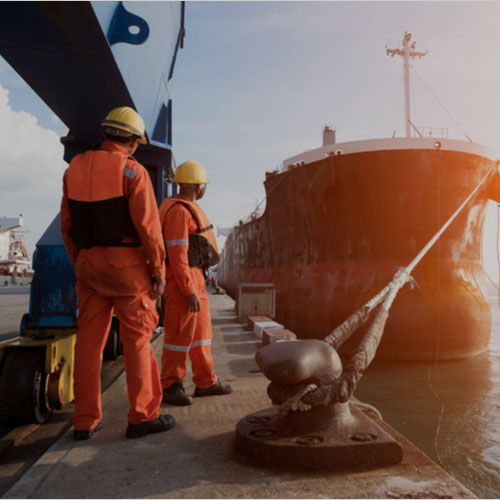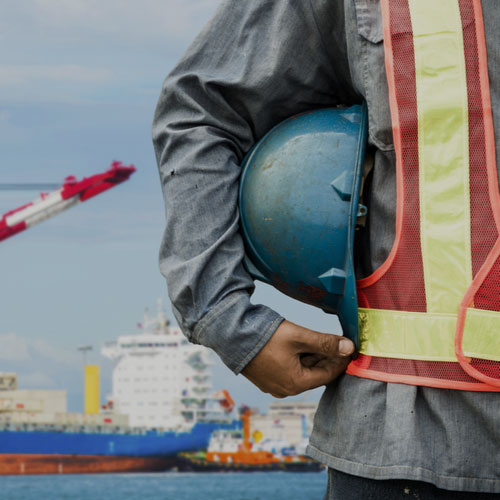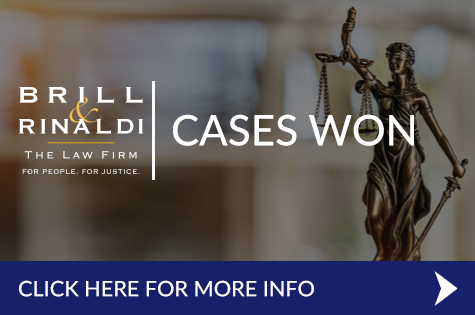Longshoreman
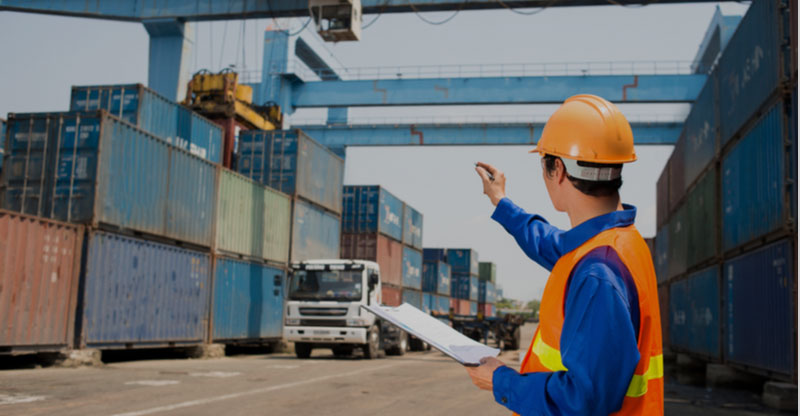
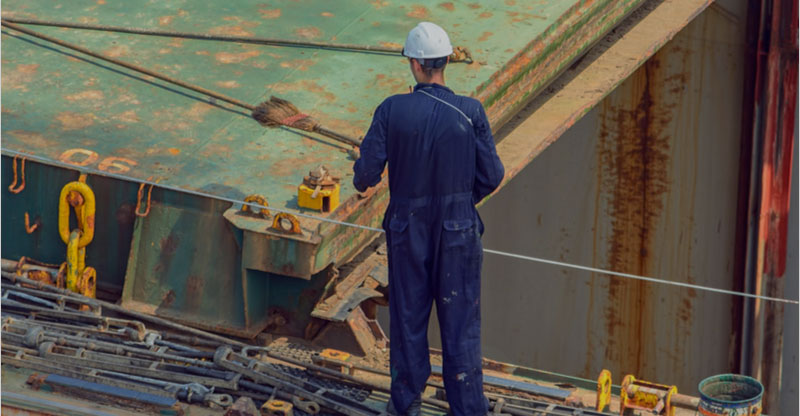
About Longshoreman Claims
Working a job as a longshoreman or harbor worker can be grueling, demanding career. The day to day stress can take a mental and physical toll on the people we rely on in this country to get our goods out of port, onto highways, and into our homes. When injuries do occur, workers may be compensated under the Longshore & Harbor Workers Compensation Act.
In most cases, The Act takes the place of any state workers compensation program, because the employers have to be specifically insured for the longshore activities by insurance carriers who specialize in this type of insurance. This program also is the exclusive remedy for an injured longshoreman, as generally, you cannot sue the employer.
Sadly, legitimate claims are sometimes denied by employers and their insurance companies. Large corporations and powerful insurance companies are notorious for placing their profits before the wellbeing of hardworking people trying to earn a living and support families. If you had your claim denied by your employer, contact our office for a consultation about your case.
Longshoreman Claims Navigation
Denial of Claims
Employers are expected to provide these necessary benefits for legitimate claims. However, if an employer denies a claim, an injured worker may need to file a claim with the Department of Labor to recoup medical expenses and lost wages.
Claims may be denied for a number of reasons. Employers may allege the worker is not covered by the provisions of The Act because he or she:
- Did not suffer the injury at or or due to the rigors of employment
- Was intoxicated while on the job and this was the sole cause of the accident
- The employee intended to harm him or herself
- The employee worked exclusively on small vessels not covered by The Act
When an employer denies a claim, they must send the employee form LS-207, Notice of Controversion detailing why the benefits were withheld. Copies of this form are to be provided to the Office of Workers’ Compensation as well.
What are the time deadlines?
There are very specific timelines and procedures to follow when a longshoreman has been injured. If you do not follow these procedures properly, and do not act within the required time frame, you may waive your right to recovery.
Generally, notice of the injury must be given to employers within 30 days. After that, employees may have up to one year to file claims for disability or death benefits with the Department of Labor’s Office of Worker’s Compensation if benefits are denied.
Informal Conference Hearings
Once the Office of Workers’ Compensation received a claim for benefits, an Informal Conference hearing will be scheduled. A Longshore claims examiner will examine the documentation and paperwork provided and make a recommendation on whether or not benefits should be paid.
Unfortunately for injured workers, these recommendations are not binding and employers may continue to deny claims. Should benefits be refused after an Informal Conference, employees may need to have their claims heard before a Department of Labor Administrative Law Judge.
How quickly will my case be heard?
Once a formal claim is filed with the Department of Labor, the discovery process begins. During this phase, each side requests and sends information about the case to each other. Each side may depose witnesses in the case, meaning your attorney can ask the employer’s witnesses questions to get additional information before the case.
Once the discover process is complete, a hearing date is set. Sometimes, cases go all the way through the discover process and then the employer offers the victim a settlement before the hearing. However, if not agreement is reached the hearing will continue as planed.
What happens at LHWCA hearings?
At formal LHWCA hearings, the federal Administrative Law Judge overseeing the case will examine several aspects of the case. He or she will need to determine whether the accident falls under the scope of the Longshoremen and Harbor Workers Compensation Act.
Administrative law judges will decide:
- If the injury took place at work
- Prior medical conditions contributed to the employee’s condition
- The extent of the employee’s injury
- What medical bills the employer may be responsible for paying
Who pays for my attorney?
Under The Act, employees may have their attorney’s fees covered by the insurance company if the case is successfully prosecuted. Attorneys will be paid directly by the insurance company at no fee to the plaintiff. Attorneys submit their paperwork for reimbursement to the insurance company or the Administrative Law Judge.
What benefits am I entitled to?
For an injured worker, these benefits include reasonable and necessary medical benefits, such as surgical and hospital treatment. It also includes payment of such things as prescription medications, physical therapy, diagnostic tests, attendant care, prostheses, hearing aids and necessary medical equipment, such as walkers or oxygen concentrators, and the cost of travel for medical treatment.
Workers may recover up to two-thirds of lost income from a temporary disability. This includes missing work completely, or losing income due to working in a diminished capacity. In the latter case, employees would be entitled to two-thirds the difference between what they earned during their disability and what they should have earned.
In the case of permanent injuries, there are calculations based on your average weekly wage to determine what your ongoing payments will be. Payment schedules for loss of limbs, eyesight, or function of other body parts is laid out in The Act.
Longshoremen Attorneys
When claims are denied, the process to get the compensation and benefits workers need may be a difficult process. Large shipping and transport companies and their workers’ compensation insurance providers already have legal counsel and are experienced in the tactics and procedure of denying claims.
The longshoreman workers’ compensation attorneys of Brill & Rinaldi, The Law Firm have years of experience standing up for the legal rights of injured workers whose claims were denied. Our attorneys are proud of the work they do and are honored to represent the hardworking men and women who keep our nation’s ports open for business. Contact us for a consultation about your case.
Get The Justice You Deserve
Call Us Today For A Free Consultation
At BRILL & RINALDI, The Law Firm we are dedicated to providing our clients with the highest standard of legal representation. Our comprehensive experience both inside and outside the courtroom allows us to provide our clients with unparalleled legal advice.
Contact Us!

